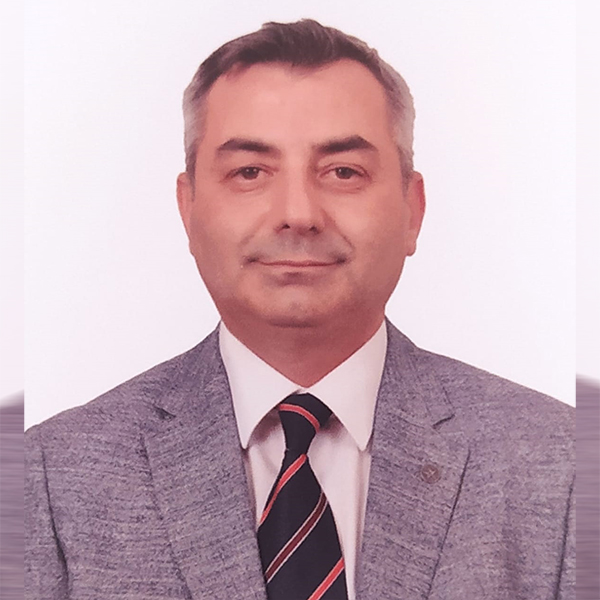Risk and Vulnerability Analysis and Energy Modelling Practices as Part of “Sustainable Energy and Climate Action Plan”: Bodrum Case Study
Abstract
As of 2024, many countries have set carbon neutrality targets for 2050 in order to eliminate harmful emissions for the climate. To achieve this goal, both industries and local governments need to have ambisions and intentions towards carbon neutrality. While the emission reduction of industries is the subject of another study, this study focuses on the methods applied by municipalities (local governments). One of the most common methods applied at the municipal level is the practice of Sustainable Energy and Climate Action Plan (SECAP). In this study, an example of how energy modeling studies can be integrated with Risk and Vulnerability Analysis (RVA), which is a sub-part of the SECAP process initiated by Bodrum Municipality, Türkiye against climate change, will be examined as a case study. In the RVA step, the city was analyzed in terms of temperature, river flooding, sea level inundation, flooding, water scarcity, wildfire, and vector-borne diseases, and their risk levels were revealed. The results show that the primary climate risks that Bodrum Municipality should focus on in order of priority are floods, forest fires and temperature in order of importance.
Biography
Egemen SULUKAN graduated with his bachelor’s degree in mechanical engineering from the Naval Academy in 1997, Marmara University MSc degree in 2004 and PhD degree in 2010.
After serving as a second engineer and chief wheeler on the ships of the Turkish Naval Forces and Coast Guard Command, he worked as a lecturer in the Mechanical Engineering Department of the Naval Academy.
Dr. Sulukan’s areas of interest are ship propulsion systems, energy technologies, energy technology system analysis and modeling, and he teaches thermodynamics, heat transfer, fluid mechanics, thermal system design, ship energy system analysis and modeling, and energy decision support tools.
